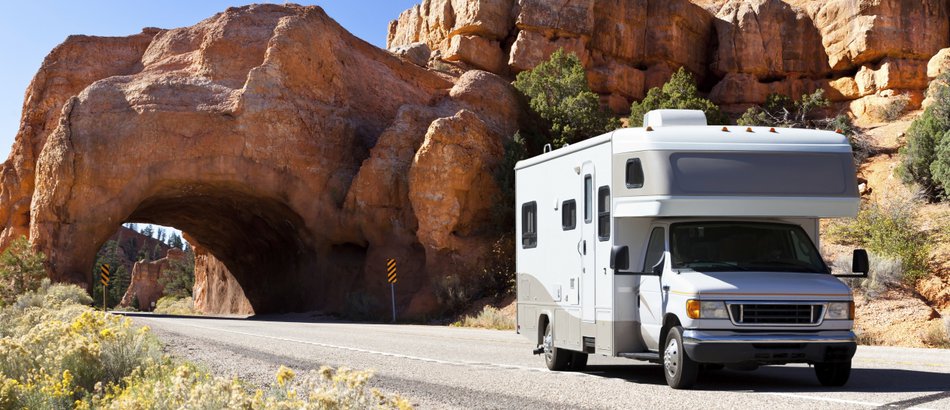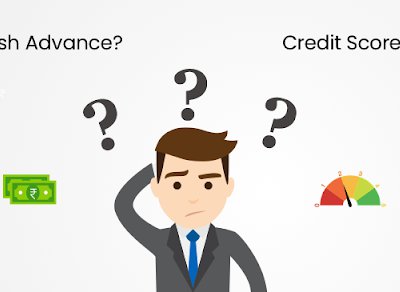For many people, there's nothing more exhilarating than the open road. Owning an RV lets adventurers enjoy life on the go with all the comforts of home. Like your home or your car, an RV is an expensive investment. RV financing can help make the unique mobile lifestyle more attainable to travelers everywhere.
About RV Loans
Taking out an RV loan is the most straightforward means of financing your RV. Most of these loans are simple interest rate loans, which means that there is a portion of each payment allocated for interest and another portion allocated toward the principal. As the principal balance goes down, so does the interest payment.
Banks, credit unions, and other independent lenders offer RV financing. You can also pursue financing through an RV dealership. It can be to your advantage to get pre-approval for financing before purchasing your RV, so you have some negotiation power.
Terms on RV loans can typically range from 10 to 15 years, but can go longer if that is your preference or if you are borrowing a sum greater than about $50,000.
Things to Consider Before Financing Your RV
One of the most important things to look at before pursuing an RV loan is your personal credit score. Since an RV is considered a luxury item, people typically need very good credit to qualify for financing. If your credit is not ideal, focus on improving it before you finance an RV.
Do your homework and shop around so you are familiar with competitive interest rates and RV prices. Don't let your excitement for a new RV cloud your critical thinking. Make sure you understand how much you can afford, what you can put down, and what kind of terms you prefer before setting out to purchase your RV. You can easily research competitive RV loan rates online. Arming yourself with this knowledge can help improve your bargaining power.
Most lenders require a down payment of less than 20 percent when purchasing an RV. Many require less than 10 percent down, and some even offer zero down loans. Generally, the larger the down payment, the lower the interest rate. Accepting a loan with prepayment penalties can also help lower the interest rate. Just be sure this is an option you can live with down the road.
A good thing about an RV loan is that, since an RV is considered a second home (provided it has a sleeping area, a toilet, and cooking facilities), RV owners are eligible for tax deductions on their loan interest.
Automatic bill pay is a benefit offered by many RV lenders, so your loan payment is automatically deducted from your bank account monthly. This is especially convenient for RV owners who are often traveling and might not be at a fixed address to take care of bills.
Take some time to research the RV financing options and find the best fit for you. Knowing you've made the right choice will make that moment when you get the keys in your hand so much sweeter. Enjoy the journey with CashNetUsa!






